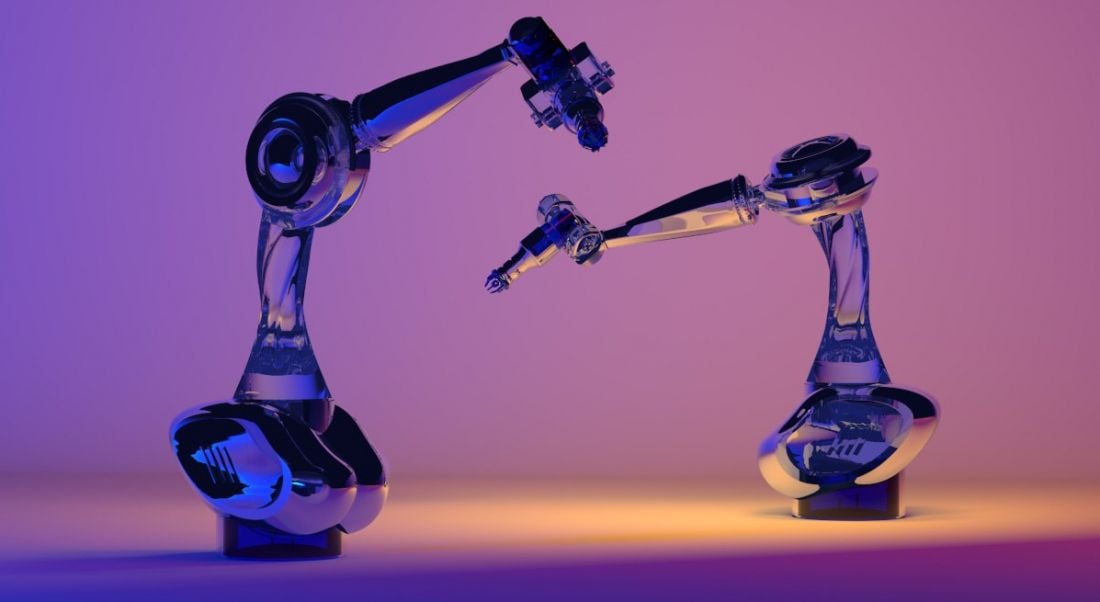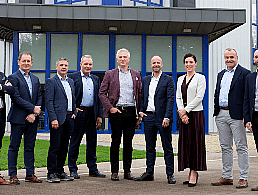A new tool has ranked physicists as the safest from automation, while meatpackers and slaughterhouse workers have the most at-risk jobs.
Researchers have created a new tool to predict how at risk specific jobs are from automation and AI, and find the most ‘robot-safe’ alternatives for the workers of the future.
The automation risk index (ARI) is an algorithm that looks at how many requirements in a job description can be performed by a robot in comparison to a human.
It then ranks the importance of these abilities and assesses how prepared robots and technology are to fill these needs currently. It uses these findings to determine how likely a job is to be automated.
A team from École Polytechnique Fédérale de Lausanne and the University of Lausanne in Switzerland used the ARI to rank 967 jobs listed in The Occupation Information Network database, which is commonly used in this type of research.
According to the ARI rankings, physicists are the safest from automation, while meatpackers and slaughterhouse workers are the cohort most at risk.
As part of the study, the researchers created a publicly searchable version of the rankings. Users can search for a job title in this resilience index and find out the automation risk associated with it. They can also find “resilient alternatives” – jobs with a lower automation risk that the person could switch to with minimal retraining.
The resilience index was tested on data from the US workforce in 2018, and researchers found that it could successfully reallocate workers into different roles that would boost job resiliency and decrease automation risk.
The findings from the research, titled ‘How to compete with robots: Assessing job automation risks and resilient alternatives’, have been published in the American Association for the Advancement of Science’s journal Science Robotics.
Earlier this year, research and advisory company Forrester suggested that more than a third (34pc) of all European jobs could be at risk from automation. It also predicted that Europe’s businesses would spend upwards of €2.4bn on automation to boost productivity this year.
10 things you need to know direct to your inbox every weekday. Sign up for the Daily Brief, Silicon Republic’s digest of essential sci-tech news.




